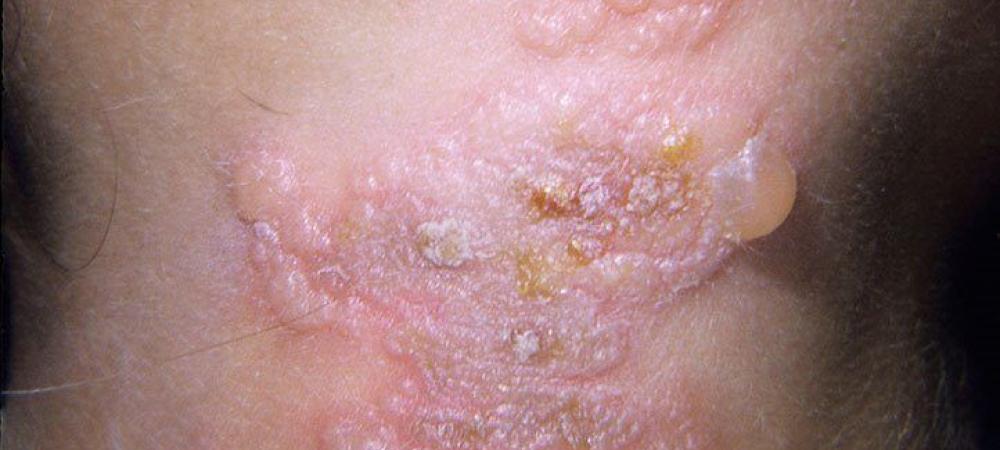
What is it?
Sexually transmitted diseases, commonly called STDs, are also known as sexually transmitted infections (STIs). You can get an STD from any kind of sexual activity that involves the mouth, anus, vagina or penis.
STDs are serious illnesses that need treatment
What are the types of STDs?
Some sexually transmitted infections include:
- Genital herpes.
- Hepatitis B.
- Chlamydia.
- Syphilis.
Treatment-
Antibiotics can treat many STDs. These medicines are either a shot or an oral medication (you take it by mouth). Antiviral drugs can also be prescribed for STDs like herpes. Very often when medication isn't recommended, the drug is injected into the body.
Benefits of treatment-
- Protects your partner’s health and helps stop the spread or development of STDs
- Helps you get early and effective treatment
- Helps protect your fertility, since untreated STDs can lead to infertility
- Protects your unborn baby from infection
FAQs
Who is at risk for an STD?
Anyone who is sexually active is at risk for an STD. Drug use and using other substances can increase the likelihood of catching an STD. Shared needles can spread STDs.
How common are STDs?
Every year, around 20 million new STD infections occur. Gonorrhea, chlamydia, and syphilis are the most commonly discussed STDs, and syphilis in pregnancy may lead to congenital syphilis if left untreated.
Are STDs contagious?
Yes, if you have an STD, you can pass it on through sexual contact. That’s why it’s important to see a healthcare provider and get treatment right away. Once the STD goes away, you can resume your sex life
